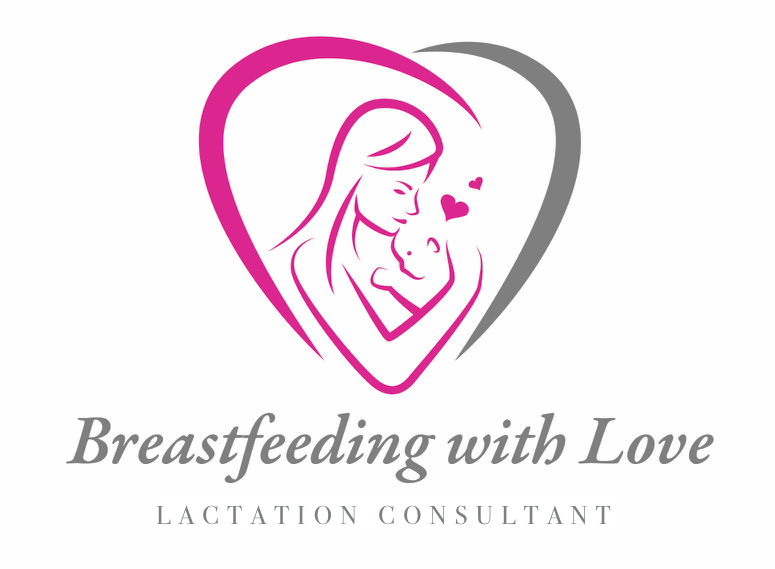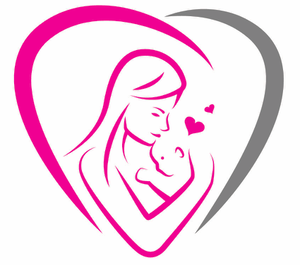Is Caffeine Good While Breastfeeding?
Caffeine is the most widely used beverage in the world. However, many breastfeeding moms worry about the effect it has on their baby when consumed. In fact, breastfed babies are affected by the caffeine their mother drinks or eats. Once caffeine enters your body and blood system, it enters your breast milk. Caffeine is safe for the baby as long as the mother takes only a little bit daily. According to the American Academy of Pediatrics, " moderate consumption of tea, coffee, and caffeinated sodas is fine when breastfeeding." However, the big question is how much caffeine can a mom drink or eat while breastfeeding?Drinking one cup of coffee a day is fine, however, more than three becomes a lot. Some sources allow five depending on the brand of coffee. Additionally, your sources of caffeine that you should take into consideration include coffee, tea, ice cream, soft drinks, medications, such as cold, headache and allergy medications and chocolate. Learn to read labels as you breastfeed your baby before consuming caffeine items. A mom should not take more than 300 mg a day of caffeine. Energy drinks such as Red Bull also contain caffeine. Sodas such as Coke, Pepsi, Mountain Dew, 7-UP, Sierra Mist and Sprite as well as others contain caffeine. In The Womanly Art of Breastfeeding book, published by LA Leche League, it states that chocolate contains Theobromine, which can act like caffeine in both the mother's and baby's system. It continues saying that a baby that is being over stimulated with caffeine, will be wide-eyed, active, alert and perhaps fussy.Some examples of how much caffeine is in coffee, drinks, and teas go like this: a coffee brewed from Starbucks, in a 16 oz size has 330 mg, Dunkin Donuts brewed coffee has 206mg. An 8 oz serving of green tea has 30-50 mg, whereas a Nestea 12 oz size has 26 mg. A Snapple Tea has 35 mg while a Pepsi 12 oz contains 38 oz. Red Bull drink contains 80mg in an 8.3 oz size. Dark chocolate in a 1.45 oz size contains 31 mg while an 8 oz of hot cocoa contains 3-13 mg. Drinking and eating things with caffeine can affect babies in different ways. Moms should watch for signs in their babies if they have overused caffeine.Some signs include problem sleeping, irritability, being overactive, being constipated or very fussy or colicky, crying or being very alert. Caffeine stays in the baby's system longer than adult's which can prolong its effect. Newborns have a harder time metabolizing caffeine than older babies. Usually, the effect of caffeine will peak at one hour after digestion into the mother's system. It takes longer to leave a newborn's system than an older baby. There is no evidence that caffeine decreases breast milk. However, if a baby is fussy or irritable, then it may not breastfeed well. Therefore, your milk supply may start to decrease so watch for these signs. In conclusion, breastfeeding moms should remember to drink caffeine in moderation and small quantities.If you think you are consuming too much caffeine, think about cutting back but do it slowly over time. Everything you as a mom eats gets incorporated into your breast milk so, be careful how much caffeine you consume for the sake of your baby.

